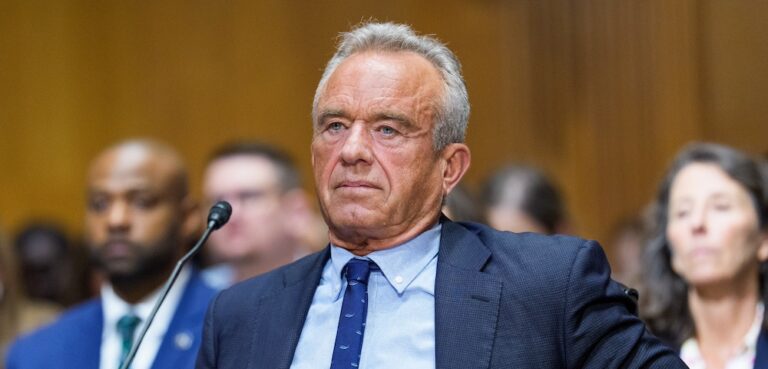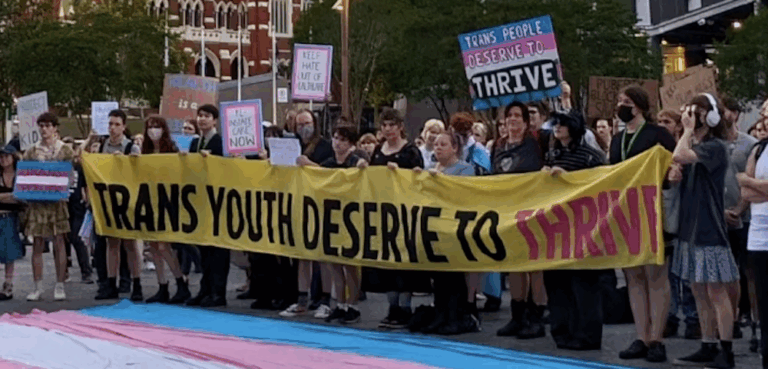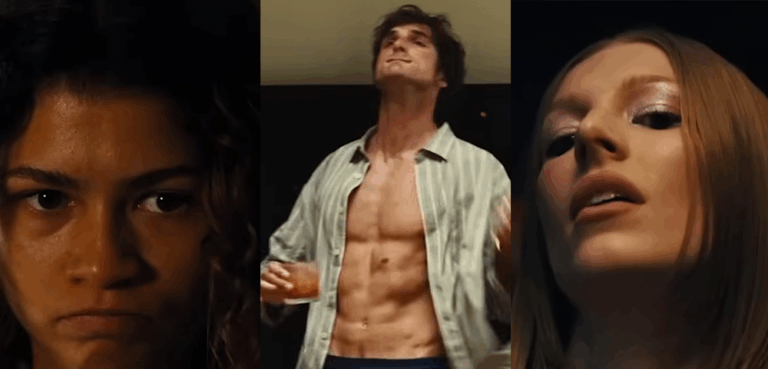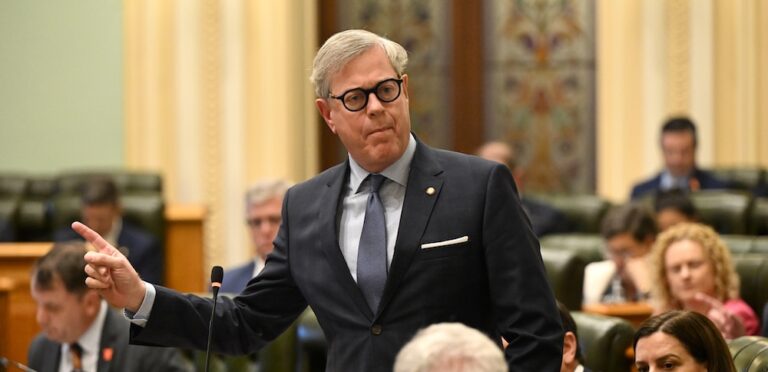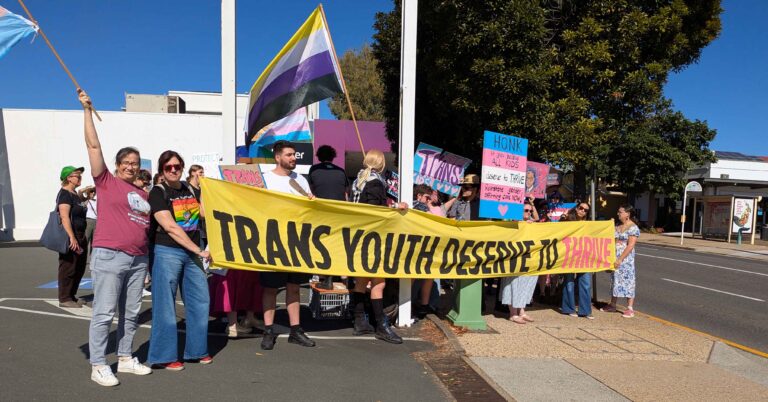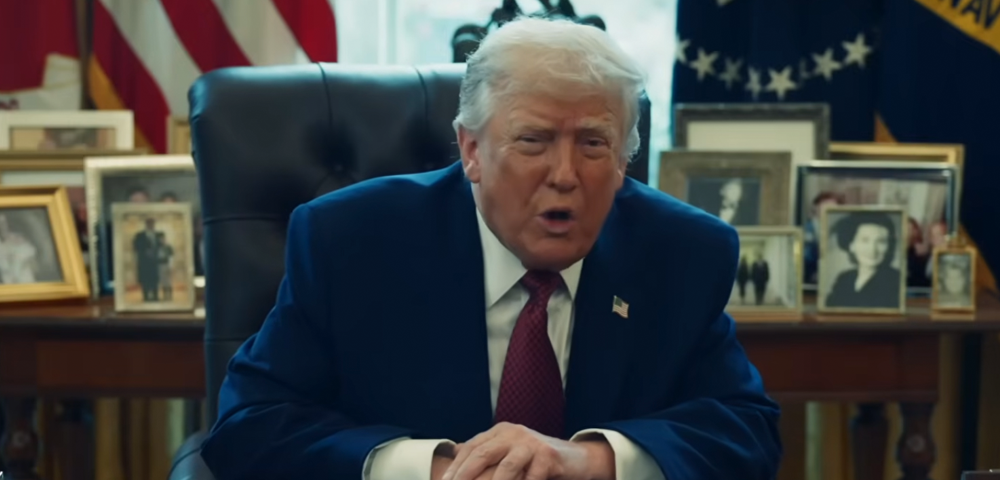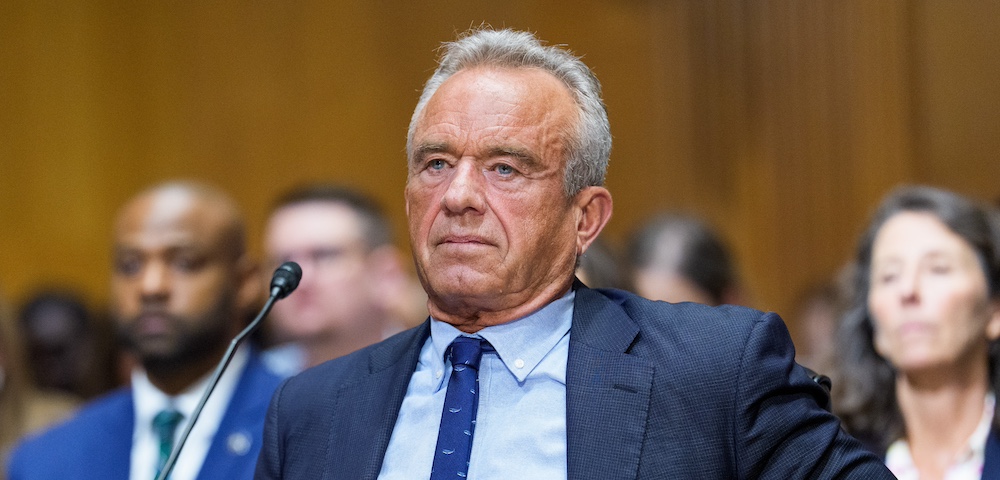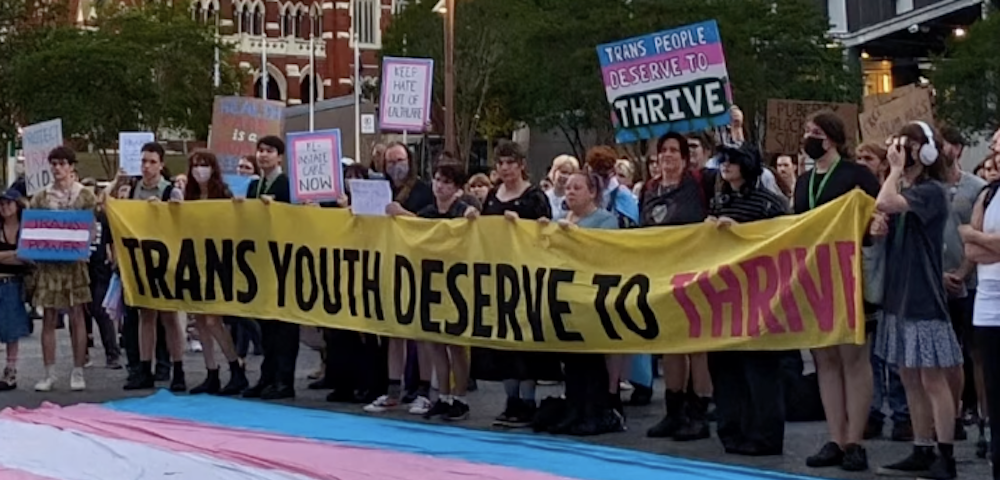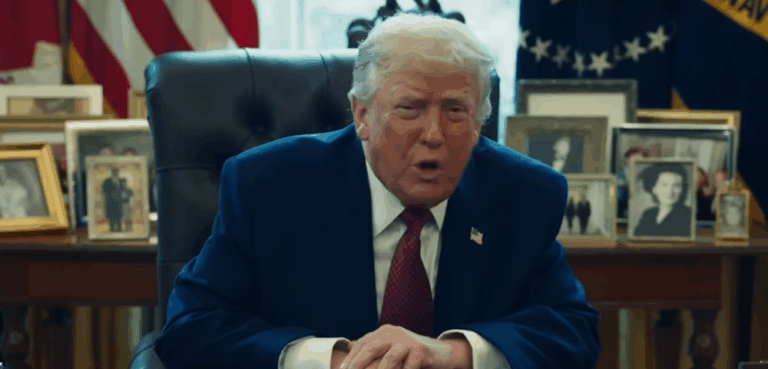
‘It’s time for full equality for sex and gender diverse Australians’: Martine Delaney
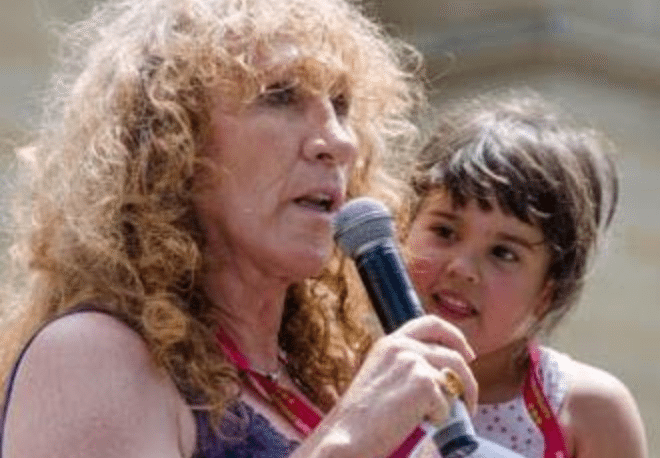
State and territory governments, and the Australian LGBTI community, are allowing the chance of true equality for trans, intersex, and gender diverse people to pass them by.
LGBTI amendments to the Marriage Act last year stipulated that states and territories have until December to remove laws forcing some trans partners to divorce, before their gender identity can be officially recognised.
Already several states have passed this reform. They are calling it “marriage equality for trans people”.
This reform is important. I was one of the people who put trans forced divorce on the political agenda when Tasmania became the first state to introduce relevant legislation several years ago.
But there are other reforms, at least as important, that have been waiting too long to be addressed.
I’m talking about removing the requirement for trans people to have surgery before our true gender identity can be represented on birth certificates.
I’m talking about stopping unnecessary surgical intervention on intersex children.
I’m talking about removing unnecessary gender markers from official documents.
In short, I’m talking about full equality for trans, intersex and gender diverse people, not just marriage equality.
There has never been a better time to move on all these outstanding reforms.
The postal survey showed how deep anti-trans hate still runs, and how important it is to reform all those laws behind which such hate takes refuge.
Other countries are leaving us behind; for example, since 2015, Ireland has had no surgical or medical requirement for official gender affirmation.
Official gender affirmation can happen via a statutory declaration.
Forced divorce and the other reforms are united by key principles; the principle of legal equality is an obvious one, but there’s also the principle of getting government interference out of the lives of sex and gender diverse people.
I’m disappointed advocates in other states haven’t seized the opportunities we have before us by advocating for more than the bare minimum.
I’m disappointed governments that have already dealt with forced divorce have opted for the bare minimum, rather than demonstrating a commitment to true equality.
As advocates, we have to understand we will never achieve full equality if we don’t ask for it.
In Tasmania, we won’t be making the same mistake.
In Tasmania, we have a real chance of achieving full equality for trans, intersex and gender diverse people.
Meetings of transgender, intersex and gender diverse people across the state have resolved that we should ask for most, not least, and as a community we have been working on our lobbying and advocacy skills to make that happen.
We have formed a new group called Transforming Tasmania that will not settle for second best.
This continues a long-standing principle in the Tasmanian LGBTI community of aiming high.
This principle is why we went from having the worst LGBTI laws in Australia, to having the best.
It’s why we have Australia’s gold-standard anti-discrimination, relationship and expungement legislation.
Even if, in the current case, parliament falls short of full equality, we will have laid a strong foundation for those who come after us to build a society truly inclusive of trans, intersex and gender diverse folk.
To those states yet to pass legislation ending forced divorce, I say join Tasmania in pushing for full equality.
To those states that have already passed that legislation, I say don’t give up on further reform as quickly as possible.
To all LGBTI Australians, I say whenever we walk away from demanding true equality, it simply empowers those who hate us.
Martine Delaney is a transgender Tasmanian and a long-time LGBTI human rights advocate.
